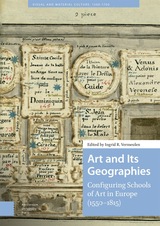
"Several books a year wrestle with that hoary conundrum, but few so dazzlingly as the Polish philosopher's latest."—Carlin Romano, Washington Post Book World
"Kolakowski's fascinating book and its debatable thesis raise intriguing historical and theological questions well worth pursuing."—Stephen J. Duffy, Theological Studies
"Kolakowski's elegant meditation is a masterpiece of cultural and religious criticism."—Henry Carrigan, Cleveland Plain Dealer
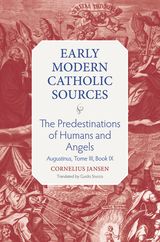
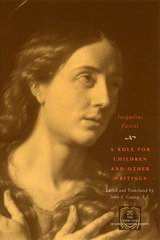
This book presents selections from the whole of Pascal's career as a writer, including her witty adolescent poetry and her pioneering treatise on the education of women, A Rule for Children, which drew on her experiences as schoolmistress at Port-Royal. Readers will also find Pascal's devotional treatise, which matched each moment in Christ's Passion with a corresponding virtue that his female disciples should cultivate; a transcript of her interrogation by church authorities, in which she defended the controversial theological doctrines taught at Port-Royal; a biographical sketch of her abbess, which presented Pascal's conception of the ideal nun; and a selection of letters offering spirited defenses of Pascal's right to practice her vocation, regardless of patriarchal objections.
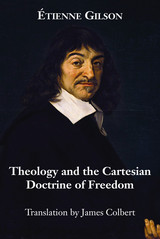
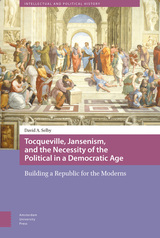

Like the Bouthilliers, the Colberts, the Fouquets, and the Letelliers, the Arnauld family rose to prominence at the end of the sixteenth century by attaching themselves to the king. Their power and influence depended upon absolute loyalty and obedience to the sovereign whose own power they sought to enhance. Dictates of conscience, however, brought all that to an end and put them in conflict with both king and pope. As a result of the religious conversion of Angélique Arnauld early in the seventeenth century, the family eventually adopted a set of religious principles that appeared Calvinist to some ecclesiastical authorities. These "Jansenist" principles were condemned by the papacy and Louis XIV.
The travails of conscience experienced by the Arnauld family, and the resulting religious schism that separated different branches, divided husbands from wives and parents from children. However, neither the historic achievements of individual family members nor the differences of opinion between them could obscure the sense of family solidarity.
The dramatic appeal of this book is underscored by a tumultuous period in French history which coincides with and punctuates the Arnauld family's struggle with the world. We see how this extraordinary family reacted to momentous political and religious developments, as well as the ways in which individual members, by means of their own convictions, helped shape the history of their time.
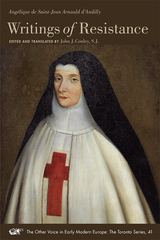
An erudite abbess of Port-Royal, Angélique de Saint-Jean Arnauld d’Andilly (1624 – 1684) resisted the demands of church and state to condemn the Jansenist theological doctrines which the convent had long upheld. In her autobiographical Report on Captivity, Angélique de Saint-Jean recounts her personal methods of spiritual resistance as she and her fellow nuns underwent waves of persecution resulting in exile, house arrest, interdict, and excommunication. Her voluminous theological writings present the theoretical basis for this resistance, limiting the claims of political and ecclesiastical authorities over the conscience of the individual. In particular, she defends the right of women to refuse to surrender their convictions due to specious appeals to obedience and humility.
READERS
Browse our collection.
PUBLISHERS
See BiblioVault's publisher services.
STUDENT SERVICES
Files for college accessibility offices.
UChicago Accessibility Resources
home | accessibility | search | about | contact us
BiblioVault ® 2001 - 2024
The University of Chicago Press


